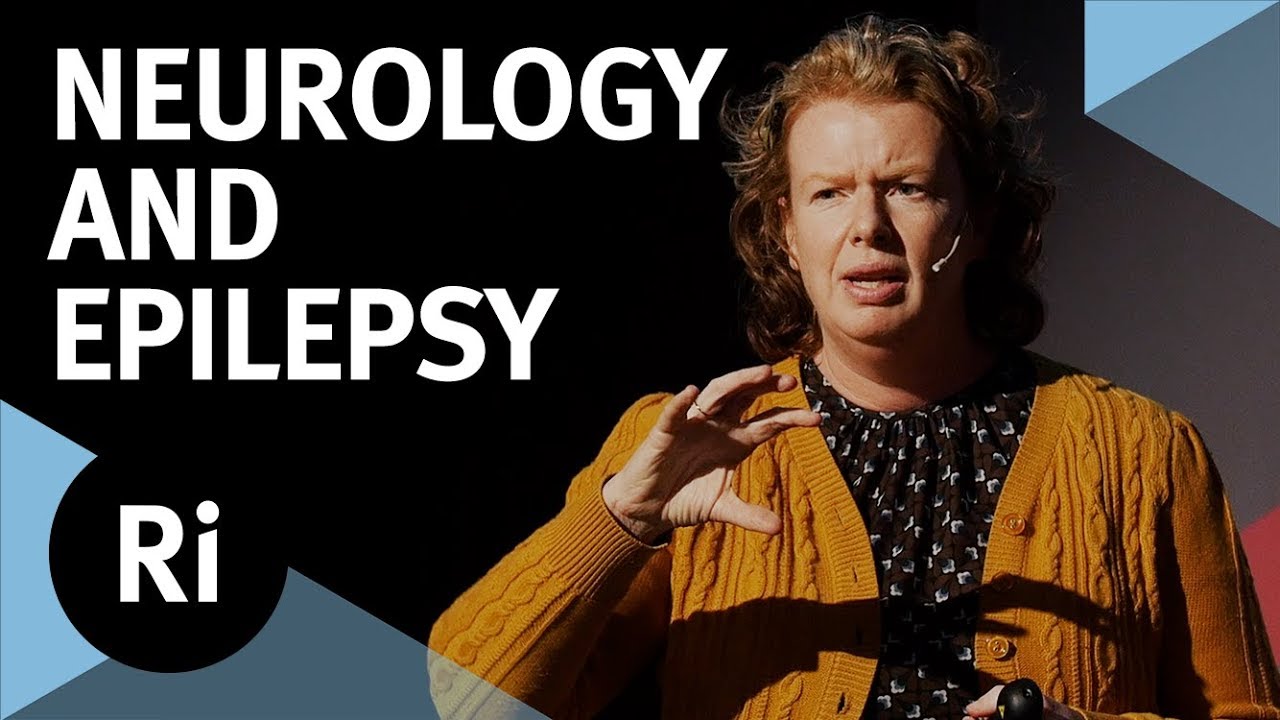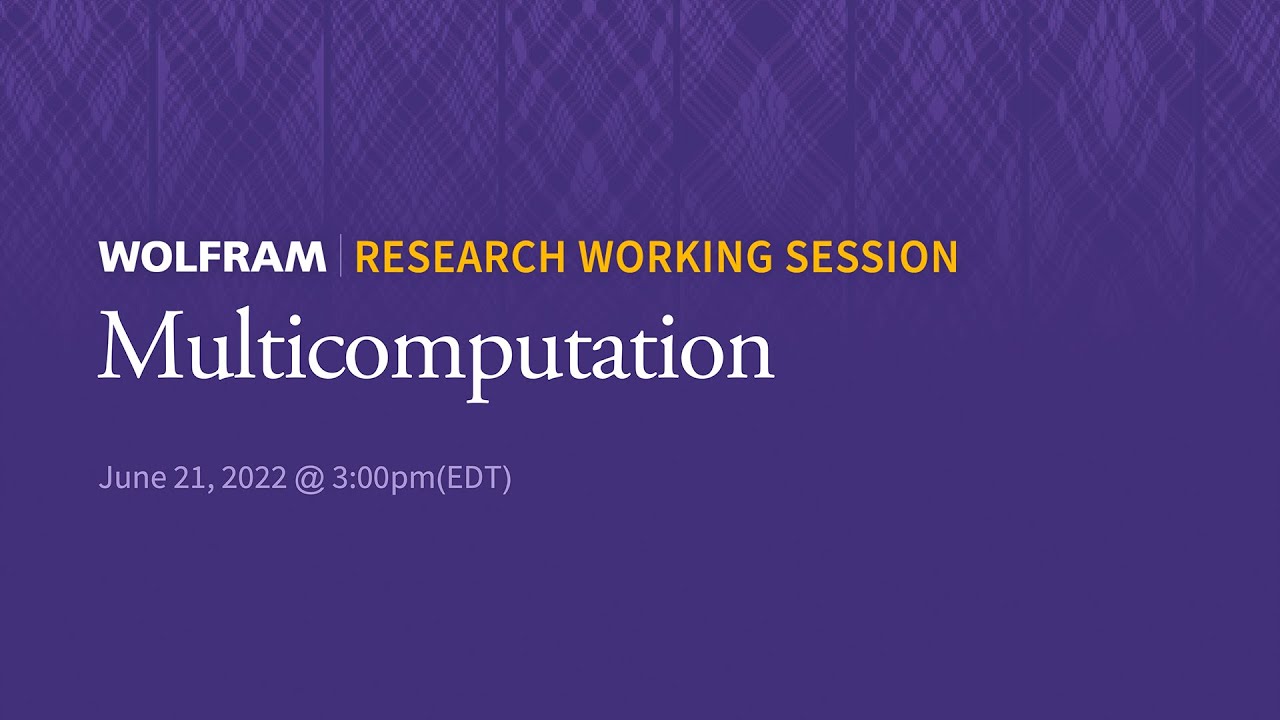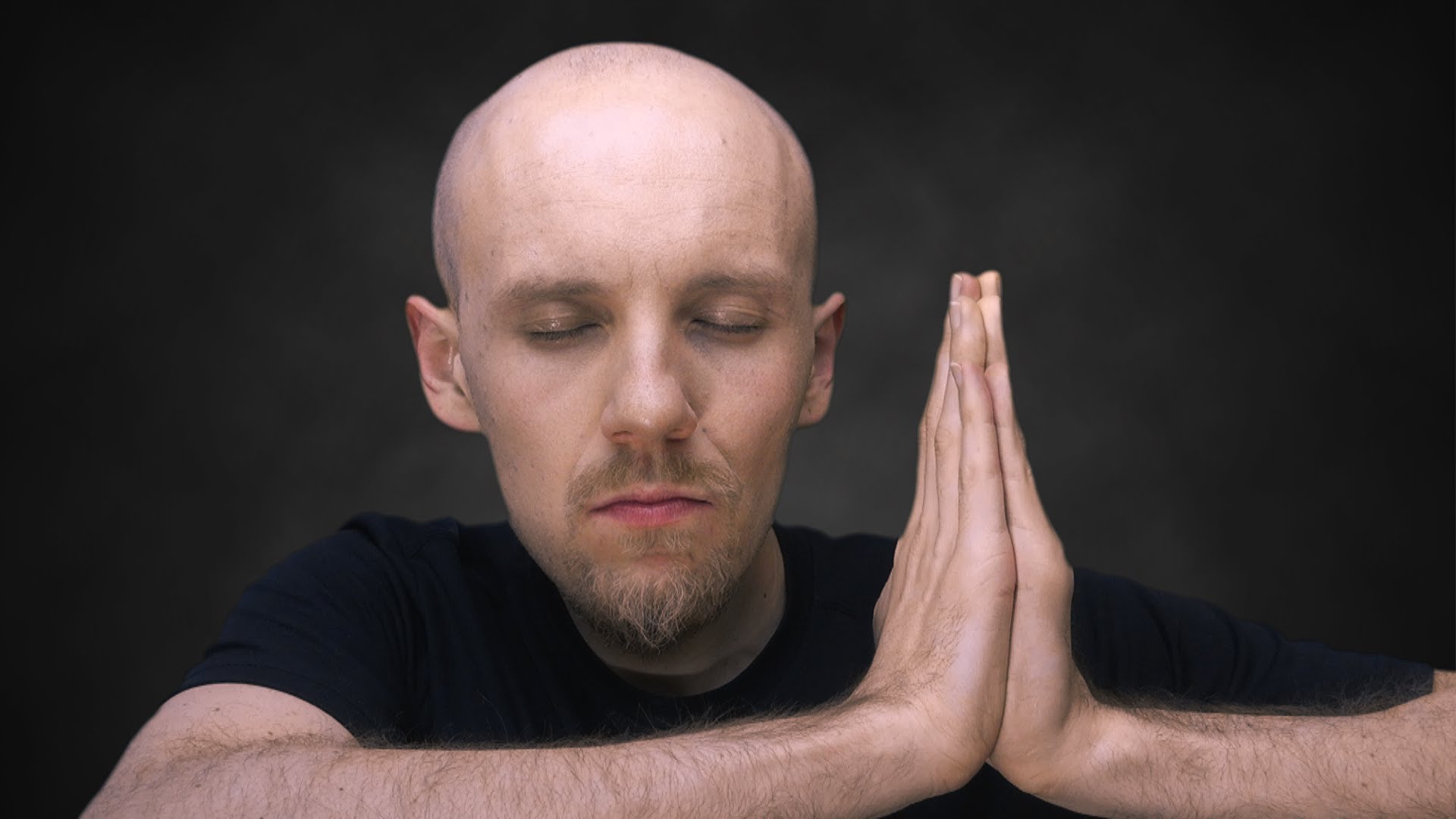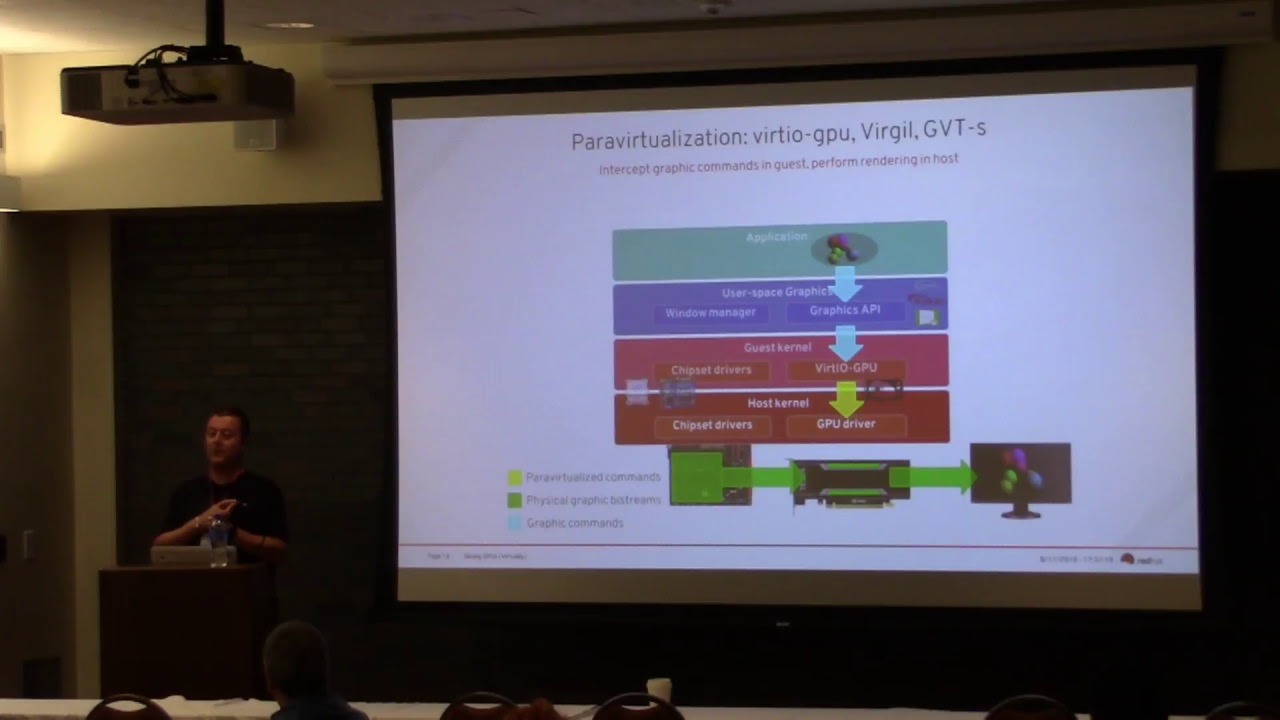The Royal Institution
The brain is the most complex structure in the Universe, and neurologists must puzzle out diagnoses from the tiniest of clues.
Subscribe for regular science videos: http://bit.ly/RiSubscRibe
Suzanne’s book “It’s All in Your Head: Stories from the Frontline of Psychosomatic Illness” is available now – https://geni.us/WNBzR
Epilepsy is a group of disorders characterised by seizures caused by excessive brain activity. Seizures can range from periods of vigorous shaking or uncontrolled pupil dilation, to getting up and running out of the room you’re in or suddenly spitting and swearing at the person in front of you.
In this talk, Suzanne O’Sullivan discusses how she must follow the trail of her patients’ symptoms – and the stories they tell her – to deduce the anatomical location of the areas causing their seizures. Only then does she have a chance of offering them any treatment, and hopefully a cure.
Suzanne O’Sullivan qualified in medicine in 1991 from Trinity College Dublin. She is trained in both neurology and clinical neurophysiology. She has been a consultant since 2004 and has been at The National Hospital for Neurology and The Epilepsy Society since 2011. Her specialist interests are in epilepsy and in improving services for people who suffer with functional neurological disorders.
This talk and Q&A was filmed in the Ri on 10 May 2018.
—
A very special thank you to our Patreon supporters who help make these videos happen, especially:
Ashok Bommisetti, Avrahaim Chein, bestape, Elizabeth Greasley, Greg Nagel, Lester Su, Rebecca Pan, Robert D Finrock and Will Knott.
—
The Ri is on Patreon: https://www.patreon.com/TheRoyalInstitution
and Twitter: http://twitter.com/ri_science
and Facebook: http://www.facebook.com/royalinstitution
and Tumblr: http://ri-science.tumblr.com/
Our editorial policy: http://www.rigb.org/home/editorial-policy
Subscribe for the latest science videos: http://bit.ly/RiNewsletter
Product links on this page may be affiliate links which means it won’t cost you any extra but we may earn a small commission if you decide to purchase through the link.
Source




Thank you for this information. I love learning about epilepsy. Having epilepsy since I was a baby it's like learning more about myself.
She is so nervous.
What an absolutely wonderful presentation! I was quite moved by it, somehow.
Absolutely amazing. My dog is epileptic and has petite mal and grand mal seizures… I assume originating from frontal lobe but they also spread at times. Just remember folks it's not the end of the world as it feels at times( for folk FIRST experiencing this, it can be incredibly terrifying) We've learned how to live with it as rough as it is. Now fairly well controlled on Phenobarbital and Leveterecetam, with CBD as a back up that almost always stops them if and when they happen…. we average about 1-2 breakthrough seizures a month with him at this point, sometimes less. Hope is there folks. 😊😊😊❤️ blessings 😘
Thank you. My husband had Epilepsy for 40 years.it is painful to see him he had 7 brine surgery.
I've had a temporal lobectomy done twice. I've had most of these test done. I thought this woman had a fantastic presentation and today I learned more about my disorder. I would love for her to be my neurologist.
Wonderful talk!! I've had seizures since I was 17 and the drugs help but knowing the science behind it is so much more helpful. There is a chance most people with seizure disorders will have to take medicine for the rest of their lives. This information, if someone is willing to go through with the tests and time it takes to administer them, could change how we live. Sounds to me like a cure, if you will.
The trouble is that most neurologists DON'T look at the clues and don't even study the symptoms properly. Your average neurologist will give you a five-minute CNS examination and then tell you they can't find anything wrong, so it must be "psychological".
❤❤❤ Thanks for your time Doc.. 😇🎩💪💐
A question to ponder about the girl who runs when she has an episode. Has no one yet invented a Portable EEG Unit that can store the information for the doctors? After all in 1969 they could monitor an astronaut's health in real time from a quarter of a million miles away.
I have epilepsy, I had my first seizure when I was 12 and I only have seizures while sleeping at night. I'd like to know what does that mean in terms of where is the problem originating in my brain. 🤔
Dr. Suzanne O'Sullivan, I would like to personally discuss with you possibility of working with the patients, who you suspect has psychosomatic disorder, and You can not address it properly. I do have extensive experience working with such problems. Although most of my clients reviews are in Russian, I do have many of them, who would describe my approach in English. I work Internationally on skype and the phone. Please do contact Me. 1-626-374-1677 or skype irina.shulkin
I have epilepsy. This is a brilliant talk. My neurologist's emotionally supportive ways has made all the difference to me.
I have epilepsy since age of six when they first started and my family didn't know what was wrong I having uncontrolled fits , finally after couple of tests found out I had it. Days can be hard in my experience childhood teens and twenties I at my worse. I'm only one in my whole family both sides to have it no one else does
Great lecture! So informative, and presented in a way that's easy to understand with only some basic knowledge of neuroscience.
Excellent Video! Great Quality content
Just about to finish one of your books and it's amazing how it changed my perspective of how I see life, big big fan doctor you are incredible!
Stay strong, August
Julie's seizure, more like Julias Ceaser. im sorry i couldnt stop myself
This is really moving though. Thank you so much RI for your work
So educational and so respectful.
I have severe epilepsy. Love this documentary!
Julius Ceasar.